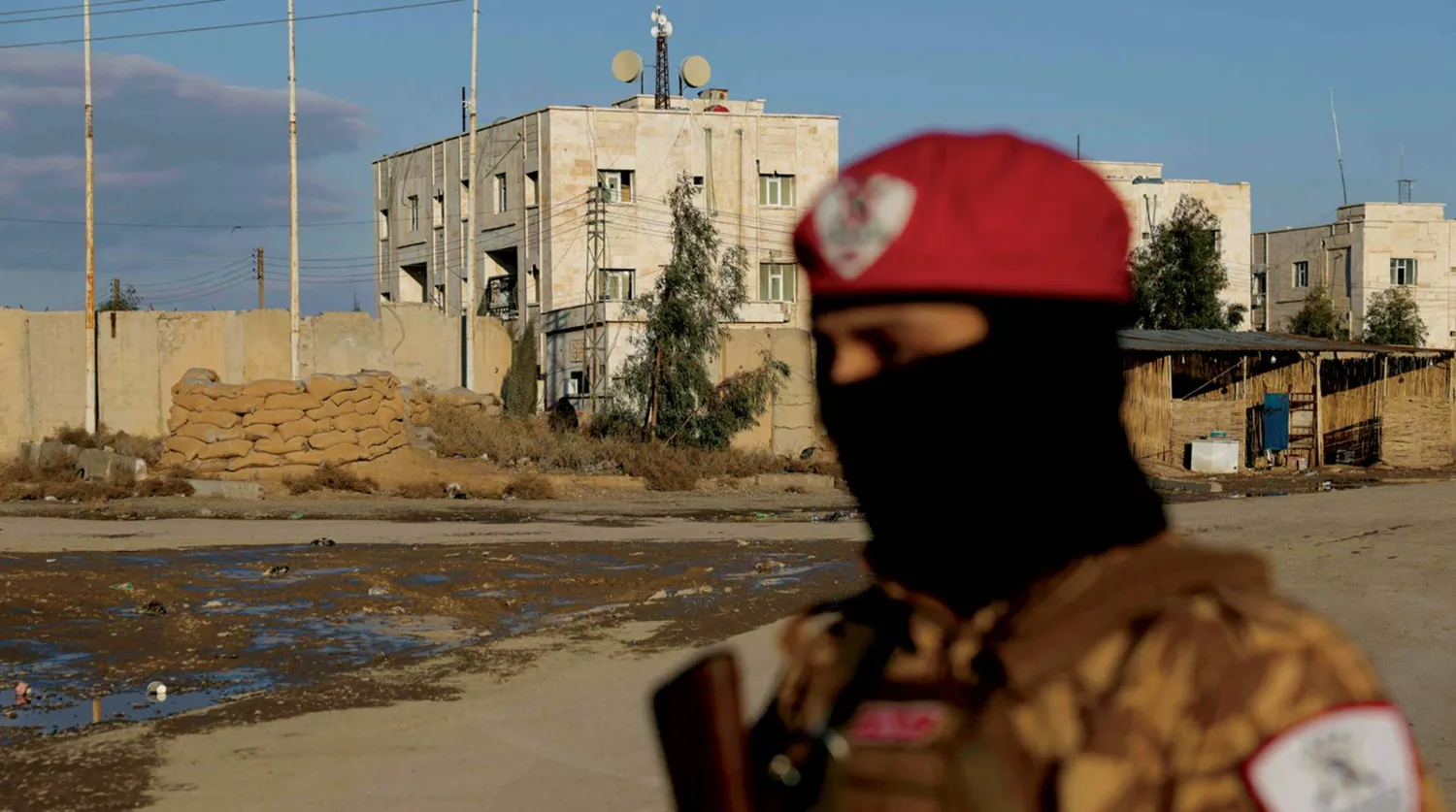The Sudanese government has condemned “in the strongest terms” Ugandan President Yoweri Museveni’s meeting with Rapid Support Forces (RSF) commander Mohamed Hamdan Dagalo calling the move “unprecedented” and an affront to humanity and the Sudanese people.
In a statement issued Sunday, Sudan’s Ministry of Foreign Affairs said the ceremonial welcome accorded to Dagalo, known as Hemedti, in the Ugandan capital, Kampala, mocked “the souls of innocent citizens killed in the war, whose dignity was violated and whose property was looted” by the RSF.
The Ministry added that Uganda’s action “contravenes the principles governing member states of regional and international organizations,” particularly the obligation not to offer support to armed groups rebelling against a legitimate government recognized internationally.
Museveni met Hemedti on Friday at the presidential palace in Entebbe, where the two discussed efforts to end the ongoing war in Sudan. The talks also addressed regional and international initiatives aimed at reaching a political settlement to the conflict.
The meeting marked Hemedti’s first prominent regional appearance in several months. According to Dagalo, the discussions included what he described as a “Ugandan vision” for ending the war.
In its statement, Sudan’s Foreign Ministry acknowledged Uganda’s sovereign right to host whomever it chooses in accordance with its national interests. However, it expressed “deep concern” that the meeting could signal a shift in Kampala’s policy toward Sudan.
The Ministry urged the Ugandan government, in the interest of bilateral relations, good neighborliness, and non-interference in internal affairs, to distance itself from the RSF commander and not allow him to use Ugandan territory for political purposes.
Speaking to members of the Sudanese community in Entebbe, Hemedti said his visit came at the invitation of Museveni, who, he claimed, had been asked by Sudan’s government to intervene in efforts to help end the war.
In a post on the social media platform X, Museveni confirmed that he had received the RSF commander at the presidential residence in Entebbe and had listened to a detailed briefing on developments in Sudan.
He stressed that dialogue and a peaceful political settlement remain the only viable path to stability in Sudan and to ensuring security across the region.
Hemedti’s visit to Uganda came just one week after Museveni hosted Malik Agar, Vice Chairman of Sudan’s Sovereignty Council, allegedly as part of regional and international efforts to secure a ceasefire and lay the groundwork for a comprehensive political solution to Sudan’s ongoing conflict.









